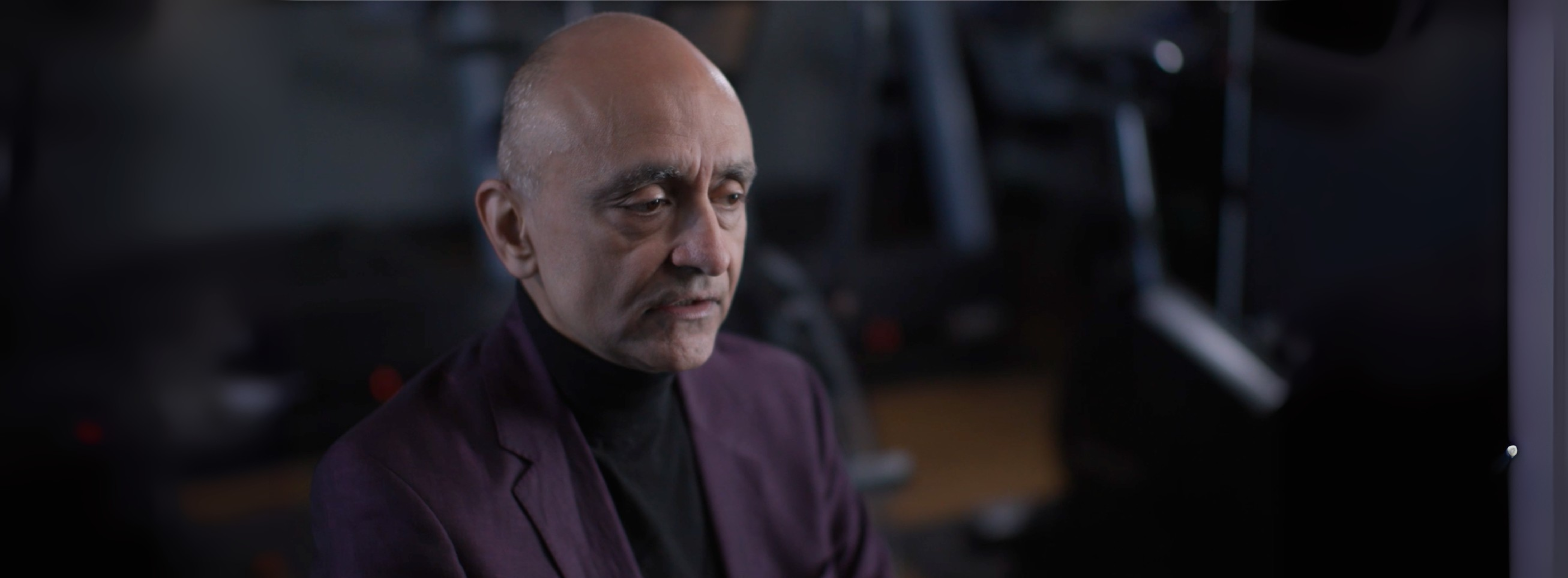

What you do after a heart attack can make a big difference. In this video, Dr. Shekhar Pandey explains how combining lifestyle changes like regular exercise, stress management, and healthy eating with prescribed treatments can help reduce the risk of another cardiac event. He also highlights the important role of cardiac rehabilitation in long-term recovery. Watch to learn how these steps can help support your journey to better heart health.
“A crucial part of your recovery after a heart attack is cardiac rehabilitation. Now, more than ever, we have the science-backed tools to help prevent another heart attack. It just requires the right approach.
When looking at minimizing the chances of a repeat cardiac event, you have to address a number of lifestyle changes. This includes exercise, nutrition, stress management, and pharmacological intervention.
Exercise, for example, both improves circulation and strengthens the heart muscle. Over time, it also helps lower blood pressure and cholesterol levels, which are major preventable risk factors for heart disease.
Diet is another important aspect of a heart-health lifestyle. Eating more fibre and reducing salt intake, for example, can help improve many significant health markers.
Chronic stress is also a key factor. Learning stress management techniques can help lower your heart rate and blood pressure, reducing that strain on your heart.
Other lifestyle changes that are equally essential include things like quitting smoking or ensuring you’re getting enough sleep.
All of these changes may also have to be matched with pharmacological intervention. The medications you may be prescribed after a heart attack play a critical role in preventing future cardiac events. Research shows that medication adherence can lower the risk of a major adverse cardiovascular event by up to 27%.
A heart attack is a serious event, but it’s also a wake-up call, a chance to reassess and take necessary actions to pave the way to a healthier future. I encourage every patient to participate in a cardiac rehab program. It is one of the best investments you can make in your health and your future.”